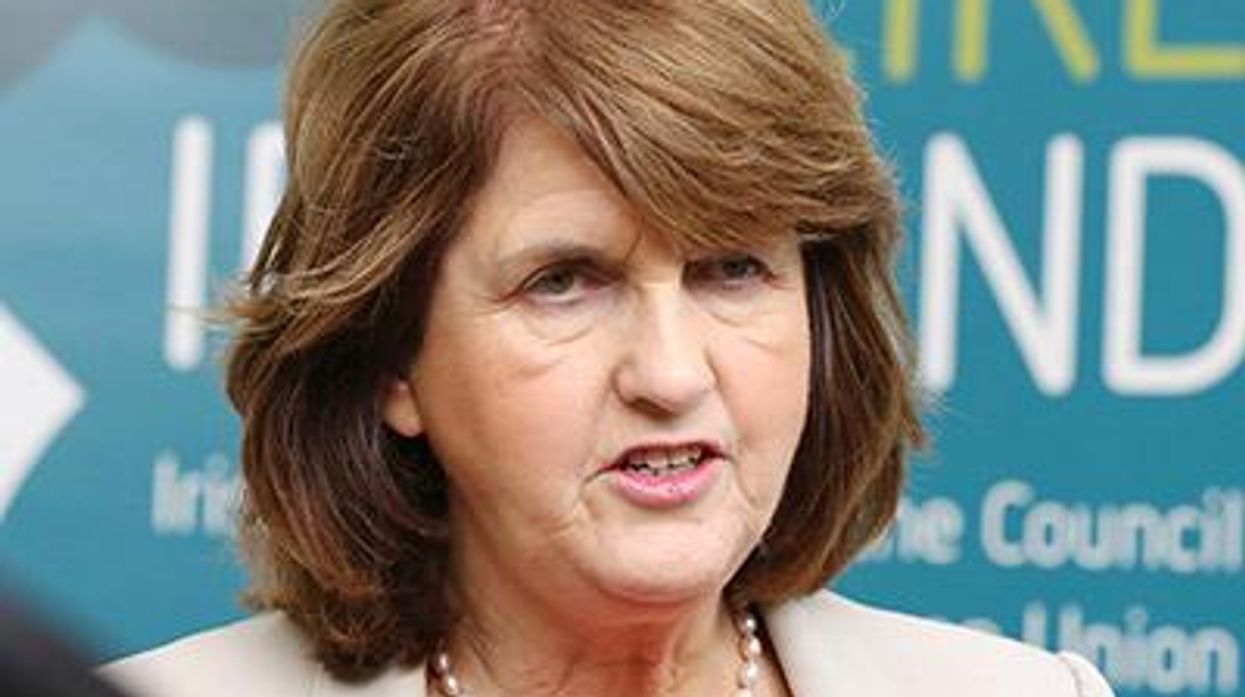
The Irish are on a roll when it comes to LGBT rights, now recognizing the right for transgender citizens to self-identify on government ID.
June 05 2015 6:02 PM EST
Lifeafterdawn
By continuing to use our site, you agree to our Privacy Policy and Terms of Use.

In yet another victory for LGBT rights, Ireland is changing the requirements that transgender people must meet to obtain government-issued identification that reflects their authentic gender.
Transgender adults in Ireland will no longer need to find a psychiatrist or endocrinologist to testify on their behalf before seeing their gender legally recognized, reports The Journal. Instead, a transgender Irish citizen can simply self-declare their identity to update a passport, change the gender marker on a driver's license, obtain a new birth certificate, or get married.
Tanaiste Joan Burton, Ireland's deputy prime minister, announced Thursday that the cabinet had agreed to change the Gender Recognition Bill currently before the legislature, the Oireachtas. The text of the proposed measure indicates this right would be limited to those over the age of 18:
"A person who transitions gender will have their preferred gender fully recognised by the State for all purposes -- including the right to marry or enter a civil partnership in the preferred gender and the right to a new birth certificate."
"Following today's Cabinet decision ... amendments will be made to the Bill at Committee Stage to ensure there will be no need for a supporting statement from a medical practitioner."
The requirement for a doctor's statement will, however, remain in place for those aged 16 and 17, the Tanaiste has confirmed.
The change was hailed by the Transgender Equality Network Ireland, calling it a "hugely significant move" that makes Ireland an "international leader." TENI's Chair, Sara Phillips, told The Journal:
"This is a momentous moment. To be given the respect to self-determine our gender is true equality.For once I can believe our community are seen as full equal citizens. Today I am so proud of our country."
The most controversial element of the original bill was its medical testimony requirement, which Sinn Fein MEP Lynn Boylan described as "an insult to transgender people."
"A person's gender identity is a matter for each individual," Boylan said. "Transgender people know their own identity. They don't need medical evaluation to prove their identity to anyone."
The government has also dropped another questionable element of the bill that would have forced trans people who are already married to get divorced in order to have their gender marker changed and for their transition to be officially recognized by the government.
Minister of State Kevin Humphreys explained the change makes sense given how marriage equality is now the law of the land in Ireland:
"As the marriage equality referendum has been passed there is no Constitutional barrier to a person in a marriage or civil partnership having their preferred gender legally recognised."
Charlie Kirk DID say stoning gay people was the 'perfect law' — and these other heinous quotes